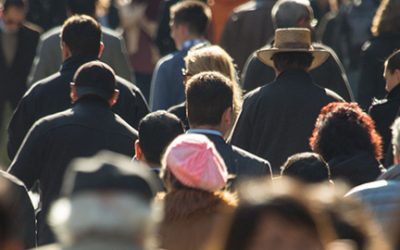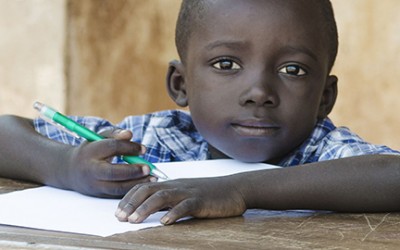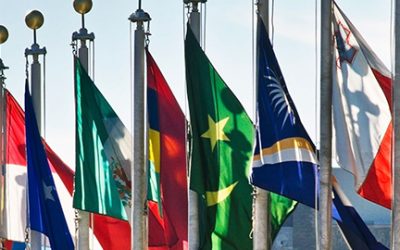World Population Program
The World Population Program is a global leader in the comprehensive study of the changing number, distribution, and composition of humans on the planet and the effect of these changes on sustainable development. This is essential to complement IIASA work on environmental topics, and makes IIASA the only global change research institute with significant in-house competence on the human population and its wellbeing.
Objectives
- Expand the multi-dimensional model of population dynamics developed at IIASA to include an urban/rural dimension for all countries.
- Define and test alternative specifications of Empowered Life Years, which are the years a person can be expected to be alive and “empowered”— as measured by health, ability to read, freedom from poverty, or subjective life satisfaction.
- Produce the first systematic projections of new indicators of aging, which will explicitly reflect additional dimensions for most European countries and selected other Organisation for Economic Co-operation and Development (OECD) counties. This will go beyond the conventional simplistic indicators which only reflect chronological age.
- Provide policymakers with data pertaining to the likely proportions of urban populations and the changing age and education structure of urban populations.
- Provide governments and civil society guidance as to what pathways are the most promising for reaching sustainable human wellbeing in the longer term.
- Undertake science-policy dialogues on new measures of aging and the relationship to macro-economic impacts of demographic trends.






